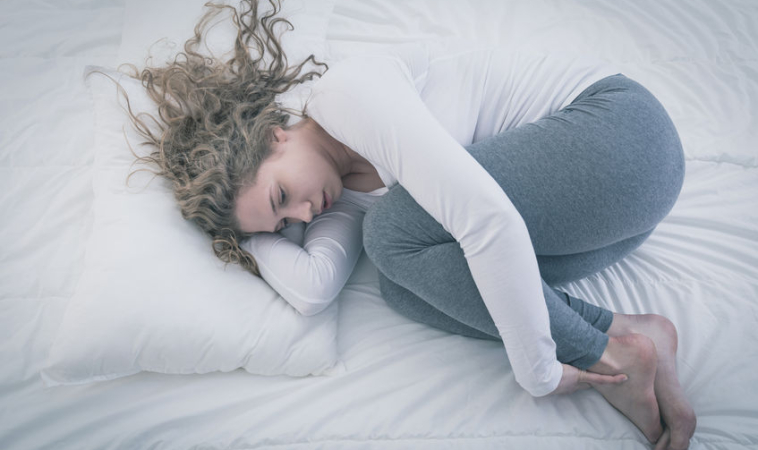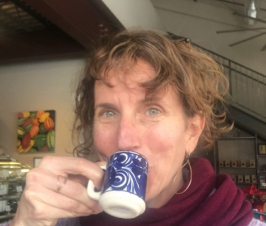Node Smith, ND
Teens Struggle with Sadness During the Holiday Season
Even though the holiday season is a time of family, warmth and community, many people struggle with depression during this time of year. As the weather changes and becomes colder, wet and grey, many people struggle despite the holiday cheer all around them. Teens are especially susceptible to this holiday depression. For teens, dysfunctional family dynamics, time away from school and friends, can be particularly difficult in a sea of changing hormones, identity questions, and personality changes.
Recent surveys have suggested that almost 15% of adolescents struggle with depression over the course of the year. It is a phenomenon, as parents, and individuals working with teens need to be aware of it. For many cases of teen depression, awareness and supportive social networks may be enough to make a tremendous difference, with or without professional support. If you are a teen, or know a teen struggling over the holidays, here are some vitally important tools to keep in mind.
Awareness
Confronting feelings is an important step in overcoming the paralysis they can create within us. This is especially true with depression. Denial is a natural tendency, especially during the holiday season, when we are convinced that it is wrong to feel down and subdued, or depressed. We push the feelings down inside of ourselves until we forget them all together. The problem is that this prolongs the exposure we have to these states of emotion, as well as exacerbating their effects. Talking to a good friend, family member, or a trusted professional can help alleviate much of the turmoil inside, simply by acknowledging it, and letting someone else help us get it out in the open.
Socialization
It’s a social season, and for many battling with depression, parties and social obligations seem like a huge chore. However, finding ways to get out of isolation and share time with a loved one or a group may help bring a smile to your face. Think of ways that you can set comfortable boundaries on social activities so you don’t feel overwhelmed, and actually get benefits from them. Meet a friend for an hour, instead of going to an all-day event, or go shopping somewhere YOU want to go, and invite someone along, rather than be a part of a larger group going to the mall.
Be mindful of the sweets
The menu during the holidays may be a huge contributing factor to the way people tend to feel around the second week of December. Snacks and sweets abound during this time of year, and it’s seemingly impossible to say no. Keeping in mind that overindulging, eating late into the evening, and sustaining oneself on cookies and candies, will affect your mental and emotional state is important. Eat what you like, and remember to give yourself a little slack when the next day you don’t feel like getting out of bed – it may have a lot more to do with what you ate than a mental pathology. By eating plenty of vegetables, and lean meats, you’ll tend to snack less, and when you do, it’ll have less of an impact.
Move Around
Don’t call it “exercise.” But moving around will help get you inside of your body, and out of your head. It is proven that exercise is one of the best remedies against depression. Better yet, get outside. The cool, fresh air will help elevate your mood, and get your metabolism going. Ice skating, skiing, snowshoeing, or even a walk around the block are all great ideas to change things up from lounging around the house watching Netflix.
Image Copyright: <a href=’https://www.123rf.com/profile_bialasiewicz’>bialasiewicz / 123RF Stock Photo</a>
 Node Smith, ND, is a naturopathic physician in Portland, OR and associate editor for NDNR. He has been instrumental in maintaining a firm connection to the philosophy and heritage of naturopathic medicine among the next generation of docs. He helped found the first multi-generational experiential retreat, which brings elders, alumni, and students together for a weekend camp-out where naturopathic medicine and medical philosophy are experienced in nature. Four years ago he helped found the non-profit, Association for Naturopathic ReVitalization (ANR), for which he serves as the board chairman. ANR has a mission to inspire health practitioners to embody the naturopathic principles through experiential education. Node also has a firm belief that the next era of naturopathic medicine will see a resurgence of in-patient facilities which use fasting, earthing, hydrotherapy and homeopathy to bring people back from chronic diseases of modern living; he is involved in numerous conversations and projects to bring about this vision.
Node Smith, ND, is a naturopathic physician in Portland, OR and associate editor for NDNR. He has been instrumental in maintaining a firm connection to the philosophy and heritage of naturopathic medicine among the next generation of docs. He helped found the first multi-generational experiential retreat, which brings elders, alumni, and students together for a weekend camp-out where naturopathic medicine and medical philosophy are experienced in nature. Four years ago he helped found the non-profit, Association for Naturopathic ReVitalization (ANR), for which he serves as the board chairman. ANR has a mission to inspire health practitioners to embody the naturopathic principles through experiential education. Node also has a firm belief that the next era of naturopathic medicine will see a resurgence of in-patient facilities which use fasting, earthing, hydrotherapy and homeopathy to bring people back from chronic diseases of modern living; he is involved in numerous conversations and projects to bring about this vision.

















